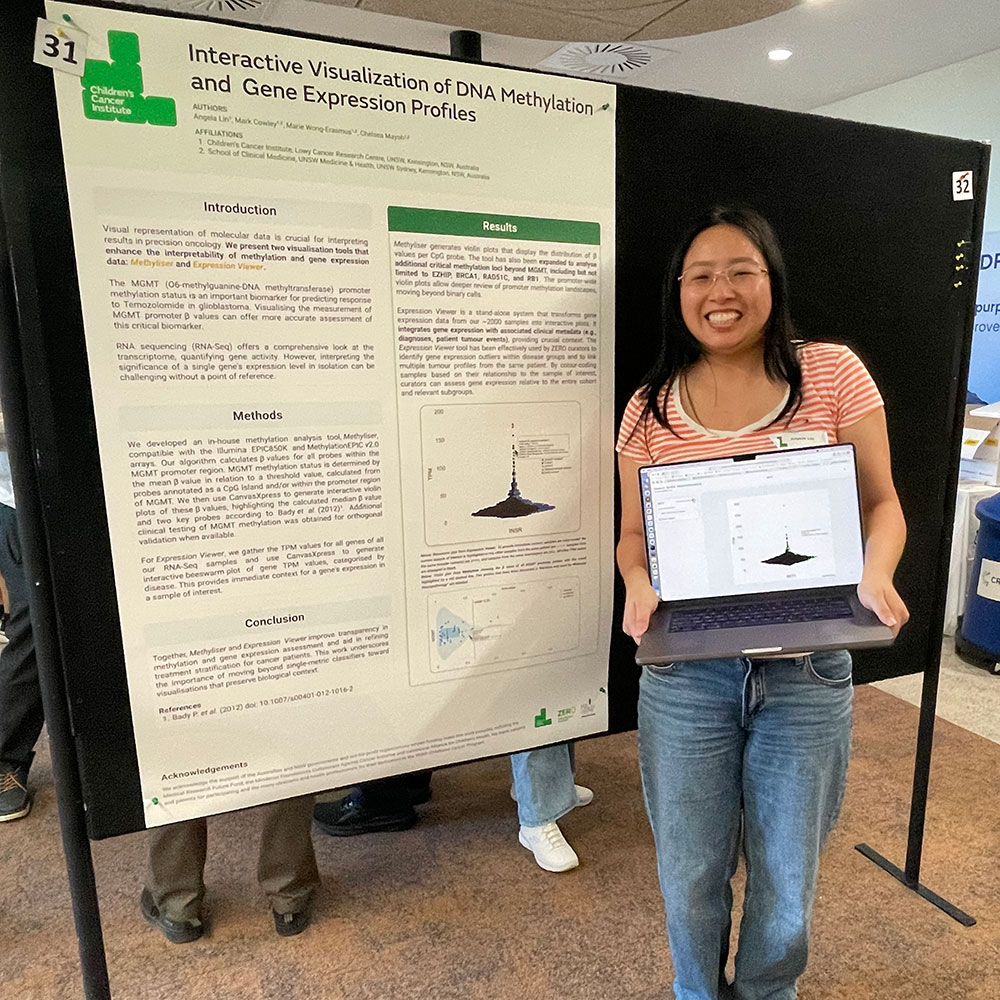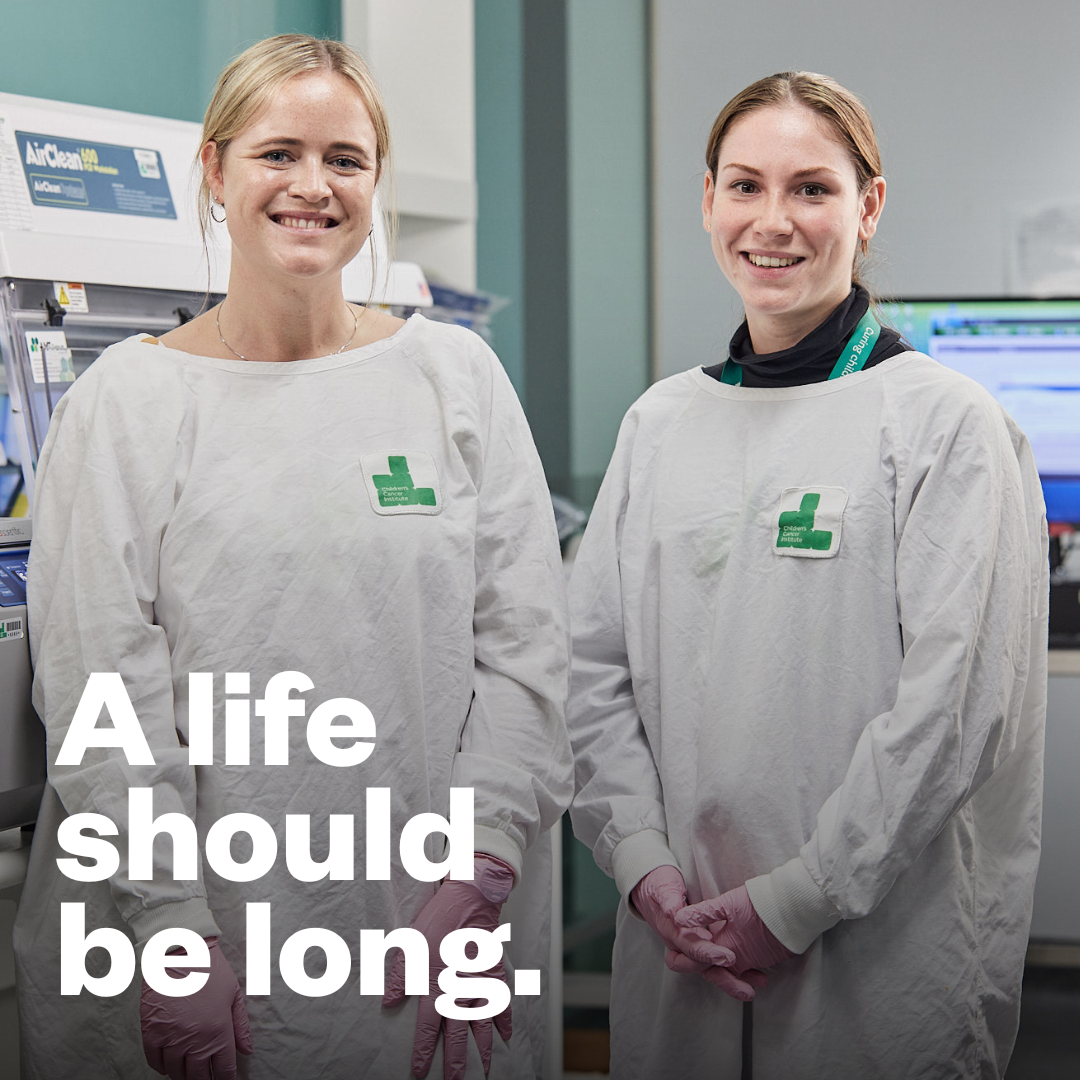
A team from Children's Cancer Institute has found a drug that offers new hope to infants with one of the most aggressive forms of leukaemia.
When a child or adult is diagnosed with acute lymphoblastic leukaemia, the presence of a particular genetic mutation (in the MLL gene) is not a good thing. It means that the disease will be highly aggressive and relatively resistant to current therapies, despite intense global efforts to find a cure for this leukaemia subtype for several decades. One out of ten acute leukaemia patients suffer from this aggressive form of the disease which is particularly prevalent in patients younger than one year. In this infant population, less than half of the patients survive for five years with current treatment options.
A team from Children’s Cancer Institute in Sydney has obtained results that provide new hope for these patients.
The research, published in the prestigious International Journal of Cancer, reveals a drug that appears to work with existing chemotherapy agents to significantly slow the progression of the disease. The drug, called CBL0137, is already in clinical trials for adult cancers in the US.
Importantly, CBL0137, in contrast to many chemotherapies, does not induce DNA damage, so any potential treatment regimen involving the new drug will mean less toxic chemotherapy will be required to treat the child. Children who undergo chemotherapy often have lifelong health issues such as cardiovascular disease, so a treatment that reduces the amount of the toxic therapy is also a Holy Grail for oncologists.
The research study performed by Dr Klaartje Somers under the lead of Dr Michelle Henderson and Professor Michelle Haber, tested the effect of CBL0137 in animal models of the disease using leukaemia cells taken from patients with the aggressive leukaemia.
They found the new drug led to significant delays in cancer growth and longer survival rates. Importantly, it enhanced the effects of existing chemotherapies, meaning reduced side effects due to the potential use of lower doses of chemotherapies to achieve the same therapeutic benefits.
Once the Phase I adult trials currently underway in the US have been completed, the drug – developed by Cleveland Biolabs in the US – will be tested in clinical trials in children with solid and blood cancers in Australia under the guidance of paediatric oncologist and Children’s Cancer Institute Group Leader Associate Professor David Ziegler.
According to Dr Somers, their research revealed that CBL0137 attacks cancer cells but is a safe drug that does not damage DNA in normal cells, making it an excellent candidate drug especially for children and infants who suffer from the disease. “Our animal and laboratory tests tell us that CBL0137 is likely to be very effective against one of the most aggressive childhood leukaemias, a disease which to date has been very resistant to all previous attempts to beat it,” she said.
“The discovery of this drug and its efficacy in the lab offers new hope.”














